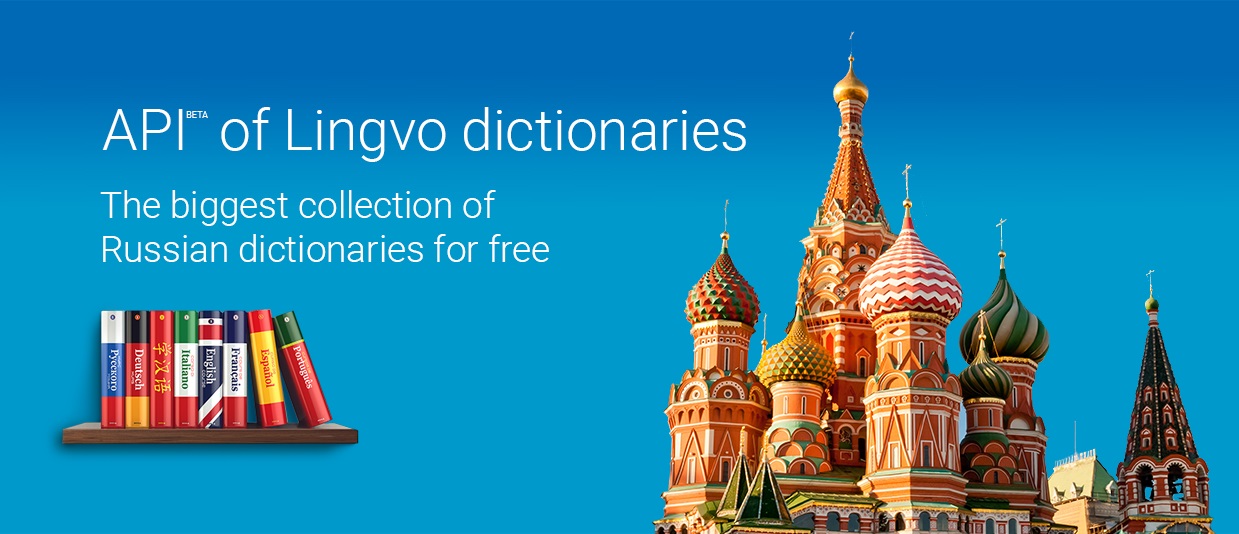
Moscow, Russia, 17-Nov-2016 — /EPR EDUCATION NEWS/ — ABBYY launches Lingvo API, an open API for its trademark Lingvo dictionaries.
The new ABBYY Lingvo API gives developers an opportunity to integrate translation, definition, suggested spelling and other features into their services using high-quality bilingual Russian dictionaries by ABBYY Lingvo.
Lingvo API gives access to 140 general and specialised dictionaries in 15 European and Asian languages. It’s open for integration into educational services for individuals, organizations and corporations, travel applications, readers and a variety of other products and solutions.
In 2012 ABBYY launched an API for Lingvo Android which has been integrated into a range of popular applications: YotaReader, Moon+ Reader, Moon+ Reader Pro and others. The key difference of the new API is that it is compatible with iOS, Android and web. Besides, now there’s no need for the end user to install the Lingvo applications on their device for the API features to work.
Using Lingvo API, developers can add a variety of features to their applications: full or short translation, definition, suggested spelling, word forms, pronunciation, a part of the word list, a specific dictionary entry, full-text search across all the dictionaries and more. With the integrated translation API, after tapping or clicking on the word or phrase, the user will see a pop-up card with its translation within the chosen language pairing, morphology, examples and can listen to the pronunciation. Lingvo API works online, an Internet connection is required.
“What’s the unique value of Lingvo API? It gives access to the exceptional collection of bilingual Russian dictionaries ABBYY is known for. That’s why it is a useful tool for a lot of services in education, travel, reading and moreâ€, comments ABBYY’s Head of Mobile Artem Kumpel.
In the future, ABBYY is planning to use the new API to develop adaptable AI algorithms which will be able to create personalized learning models depending on the user’s progress, characteristics and needs.
SOURCE: EuropaWire
